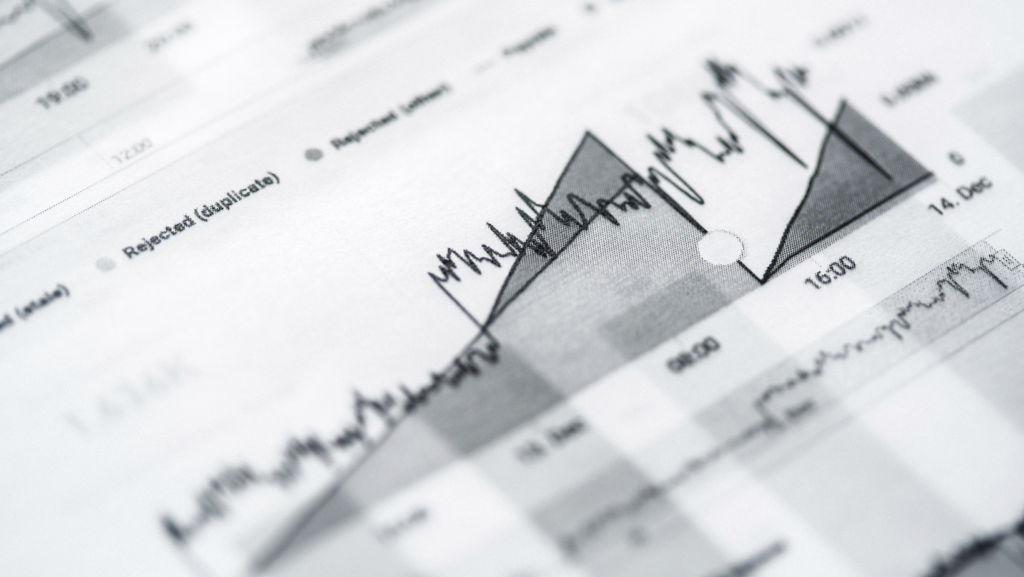In the world of Forex trading, the selection of an appropriate trading strategy and technique plays a crucial role in determining success or failure. The choice of strategy can significantly impact profitability and risk management, making it essential for traders to understand the methods of selecting the right approach.
This comprehensive guide aims to shed light on the significance of trading strategies, outline various techniques, discuss the factors to consider when choosing a strategy, and explore the key elements that affect a trader’s decision.

Forex trading strategies provide a systematic approach to decision-making and trade execution. They serve as a roadmap for traders, guiding them through the complexities of the Forex market. These strategies encompass a wide range of techniques, each designed to cater to different trading styles, timeframes, and market conditions.
To illustrate the importance of choosing the right trading strategy, let’s consider a hypothetical trader named Sarah. Sarah has a full-time job and can only dedicate a few hours each day to Forex trading. She decides to start with day trading due to its short-term nature, aligning with her limited time availability.
However, as Sarah starts implementing her day trading strategy, she realises that the fast-paced nature and constant monitoring required by day trading do not suit her personality and lifestyle. She feels overwhelmed and starts experiencing losses due to impulsive decisions.
After reflecting on her experience, Sarah decides to switch to swing trading. This strategy allows her to capture medium-term price movements and requires less frequent monitoring. With swing trading, Sarah can conduct thorough analysis and make well-informed trading decisions without feeling rushed.
In Forex trading, the way traders execute their strategies is crucial for success. This is where trading techniques come into play.
Trading techniques are methods or approaches that traders use to make their strategies work effectively.
Think of them as tools in a trader’s toolbox. Just like a carpenter chooses the right tool for a specific task, Forex traders select the appropriate technique for their chosen strategy.
These techniques are tailored to different trading styles, timeframes, and market conditions. By using the right technique, traders can make informed decisions and increase their chances of success in the Forex market.
Scalping is a high-frequency trading technique focused on capitalising on small price movements. Traders using this approach aim to generate quick profits by taking advantage of short-term fluctuations in the market.
Day trading involves opening and closing trades within a single trading day. Traders using this technique seek to profit from intraday price fluctuations, capitalizing on market volatility during the day.
Swing trading aims to capture medium-term price movements, typically lasting from a few days to several weeks. Traders employing this strategy identify and exploit market swings, leveraging both technical and fundamental analysis.
Position trading takes a long-term approach, focusing on capturing larger market trends. Positions in this strategy can be held for weeks, months, or even years, based on a combination of fundamental and technical analysis.
Several factors can influence the choice of a trading technique:
Traders need to match their trading style and available time commitment with a compatible trading technique. The time required for analysis, monitoring, and executing trades should align with the chosen strategy.
The trading strategy should be adaptable to the trader’s account size and leverage. Choosing a technique that suits the risk management requirements of the trading account is crucial for capital preservation and growth.
Market liquidity and the selection of trading instruments play a vital role in strategy selection. Some techniques may be more suitable for liquid markets or specific currency pairs, allowing traders to take advantage of optimal trading conditions.
Traders should assess their experience and proficiency in executing different techniques. Selecting a strategy that aligns with their capabilities and expertise ensures a higher likelihood of success and reduces the risk of costly errors.
In conclusion, selecting the right Forex trading strategy is paramount to achieving success in the dynamic world of currency trading. By understanding the significance of trading strategies, exploring various techniques, considering key factors, and accounting for personal preferences, traders can make informed decisions and maximize their chances of profitability.
Continuous learning, adaptability, and a willingness to experiment are essential for refining and optimizing trading strategies over time. Remember, the right strategy can pave the way for long-term success in Forex trading.
VT Markets is dedicated to helping its clients expand their knowledge and understanding of various trading techniques. We provide educational resources and support to empower traders with the skills needed to make informed decisions.
Additionally, VT Markets offers a valuable opportunity for clients to practice and test different techniques free of charge on our demo account, allowing them to gain practical experience and confidence before committing real funds.